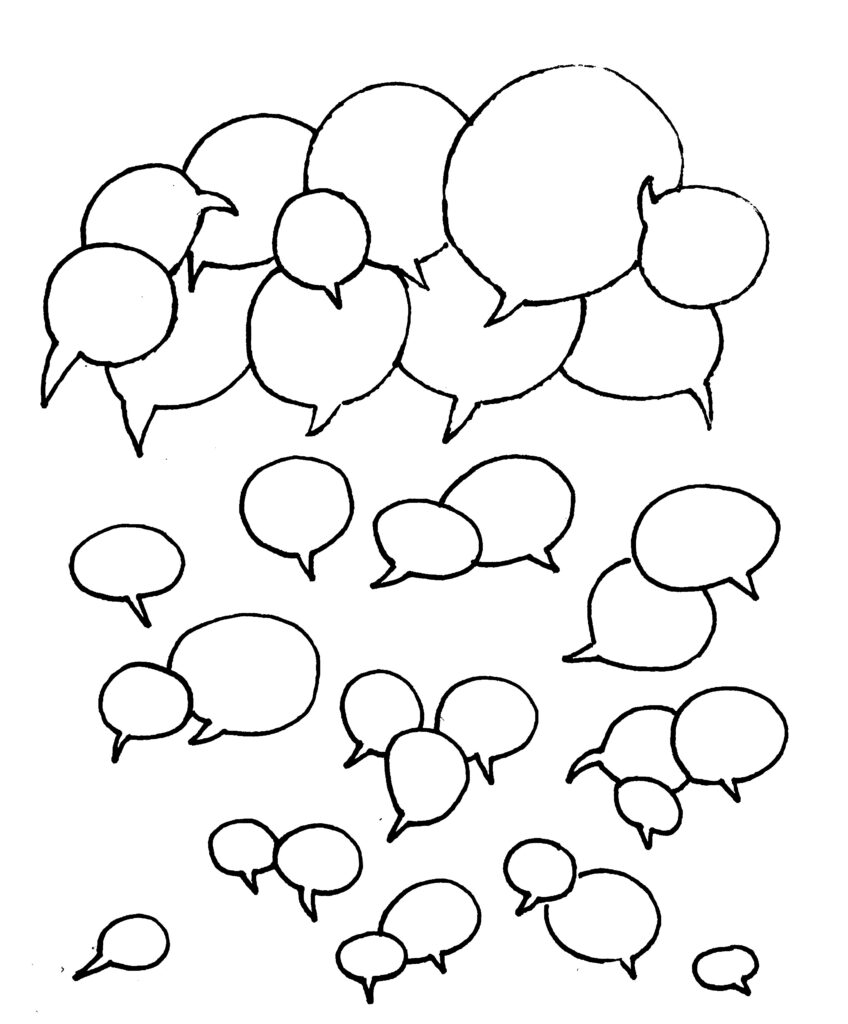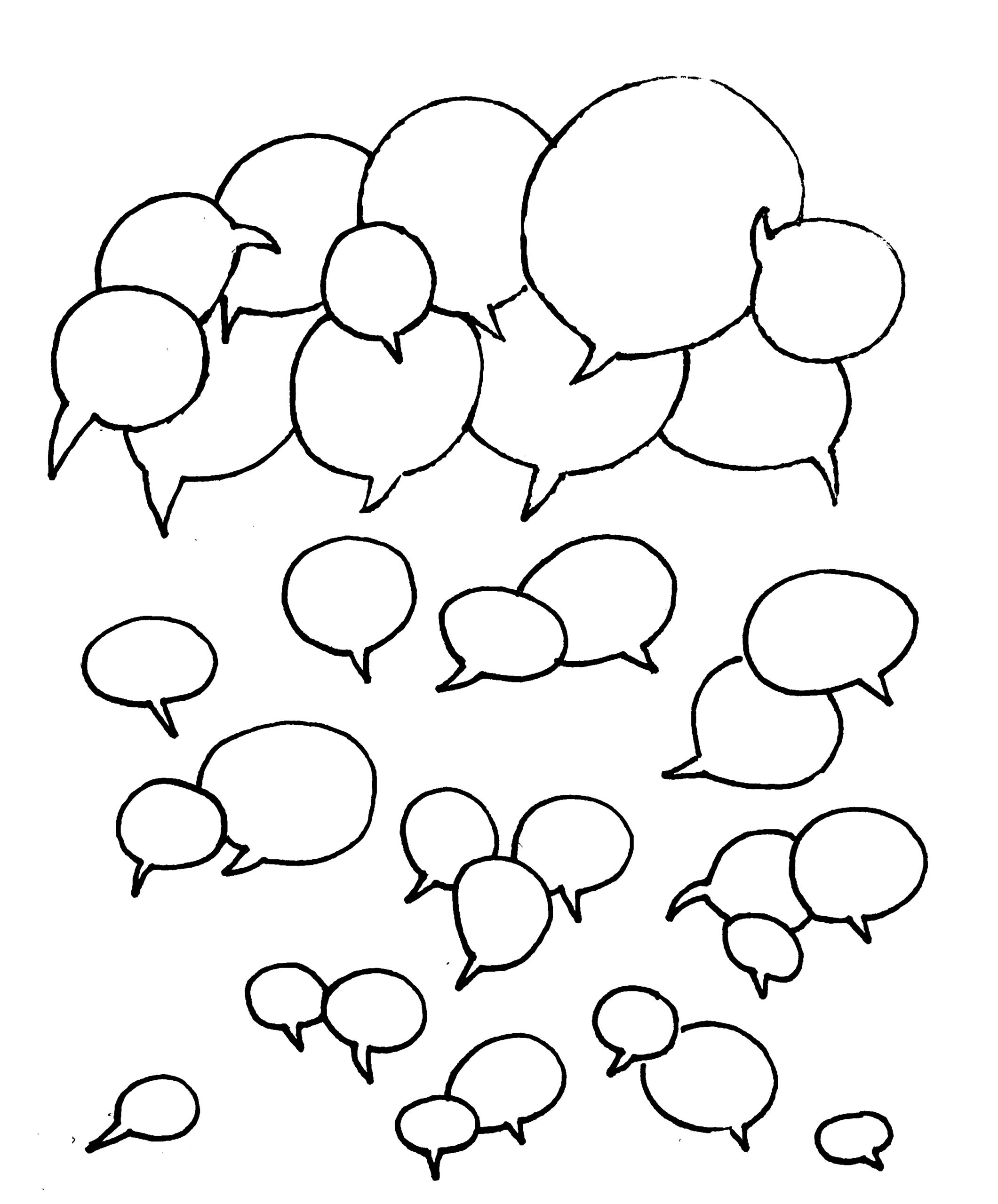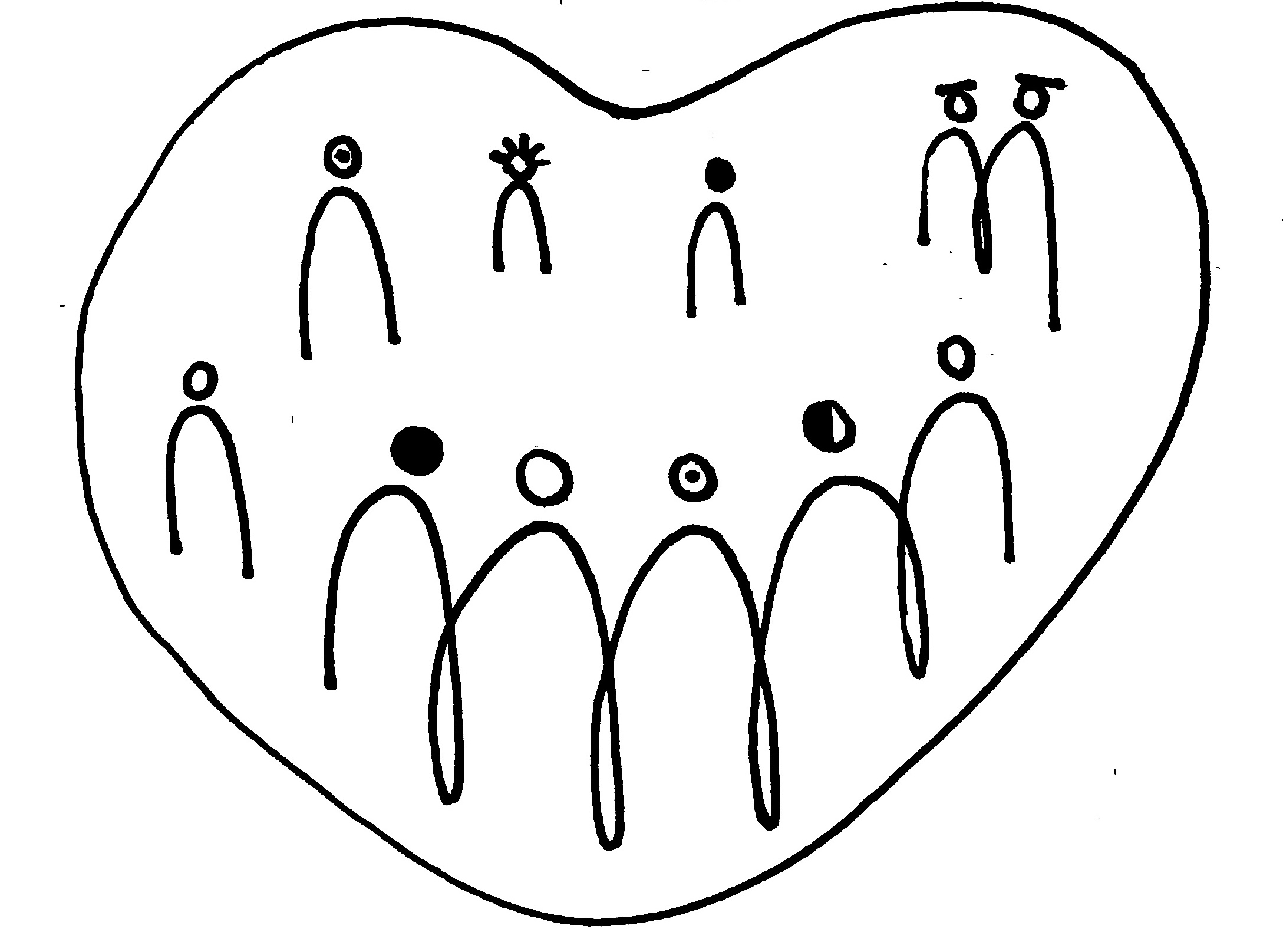
The statement “It is easier to imagine an end to the world than an end to capitalism” expresses how hard it is to imagine forms of society, which enable a good life for all, and don’t destroy the foundations of life. Imagination is limited by the dominant culture and the conditions within which people have to make a living. But climate change and its causes are profound problems. Thus, the Intergovernmental Panel on Climate Change (IPCC) emphasizes the need for radical and transformative changes in society to address climate change.
Another limiting factor is the narrow task often given to Climate Citizen Assemblies. Instead of envisioning a society, which does not systematically depend on the exploitation of nature and people, assemblies are asked to concentrate on measures to mitigate the symptoms and adapt to them.
Future Visioning makes space for alternatives by unveiling basic assumptions, and collaboratively engages in elaborating inclusive, just and sustainable futures.
Examples
— Citizen assemblies employ diverse future-making strategies in adaptive formats reflecting contextual (e.g. political, cultural) factors and frameworks and methods like: Structured scenario planning; Systems thinking; Future workshop; Forum-theater; Market of ideas
— Utopianing”, a process and tool of imagining alternatives, interrogating present conditions, and shaping transformative visions structured through three modes: the archaeological (what is wrong), the ontological (what kind of people we want to be), and the architectural (what kind of society we want to build).
— Critical imagination and collaborative engagement combine the critical interrogation of dominant assumptions with the collective exploration of alternatives and open up space for imagining inclusive, situated, and sustainable futures by both challenging existing norms and facilitating dialogue and co-creation among diverse actors.
Related Patterns
-

Future-Visioning
The statement “It is easier to imagine an end to the world than an end to capitalism” expresses how hard it is to imagine forms of society, which enable a…
-

Knowlege diversity
Which knowledge is present? Whose narrative is given space? Who is invited as “experts”? Often Citizen Assemblies tend to focus and rely on scientific and “expert” in- puts rather than…

